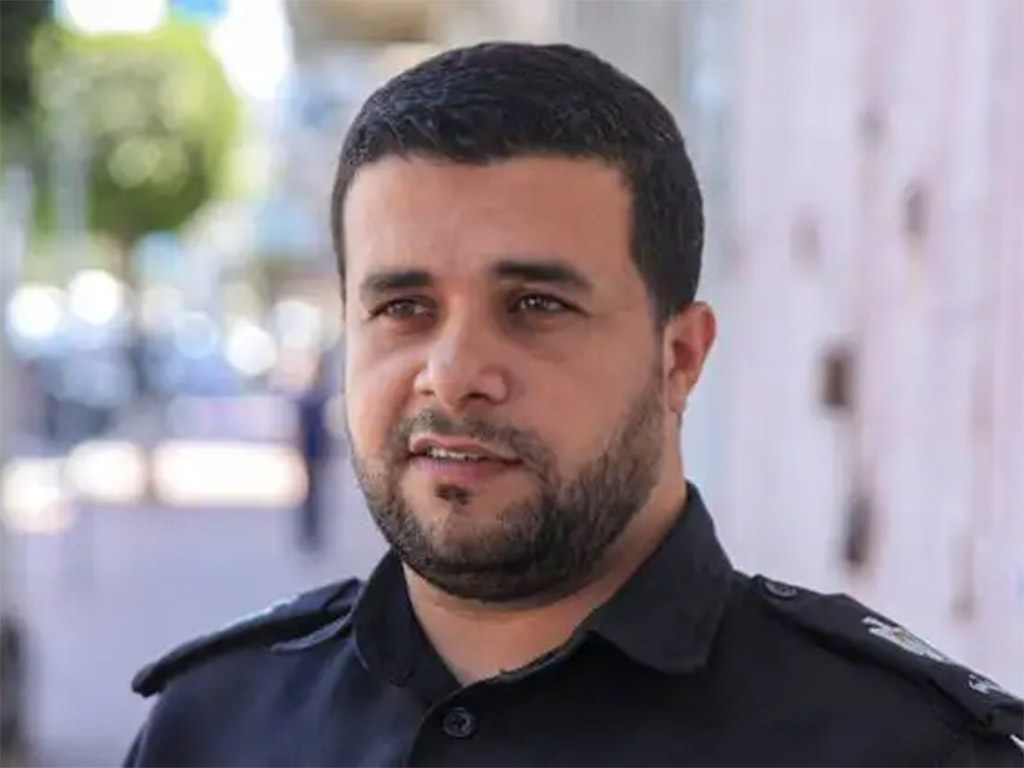The organization’s spokesman, Mahmoud Basal, assured that the situation is more critical in the north of the Strip, the area most affected by Israeli aggression in the last eight months.
“Amid the ongoing war, we need about 300 liters of fuel daily to carry out our duties,” the spokesman stated, and added: “We receive many calls from people whose family members are under the rubble to recover their loved ones, but unfortunately we do not have heavy equipment to begin extraction operations,”.
Basal called on the UN, the International Committee of the Red Cross and human rights organizations to provide excavators and bulldozers, as well as diesel, to allow the institution to resume work.
The territory’s authorities estimate that about 10,000 people are buried under the buildings destroyed by the bombs dropped by the Israeli army.
According to official data, of the total number of fatalities in the territory since October 7th, almost 500 belong to the health sector, 67 to civil defense, and more than 250 were humanitarian workers.
jrr/llp/oda/rob










